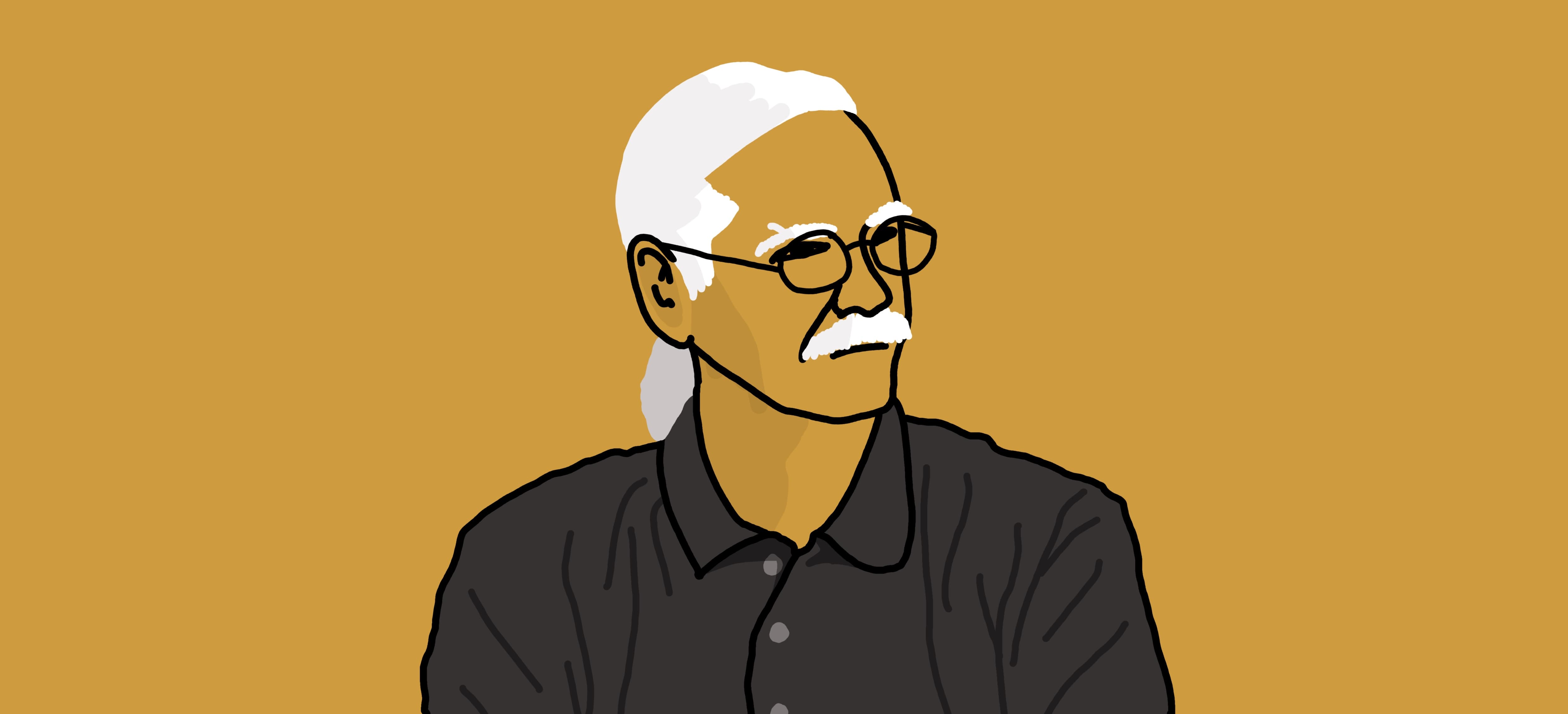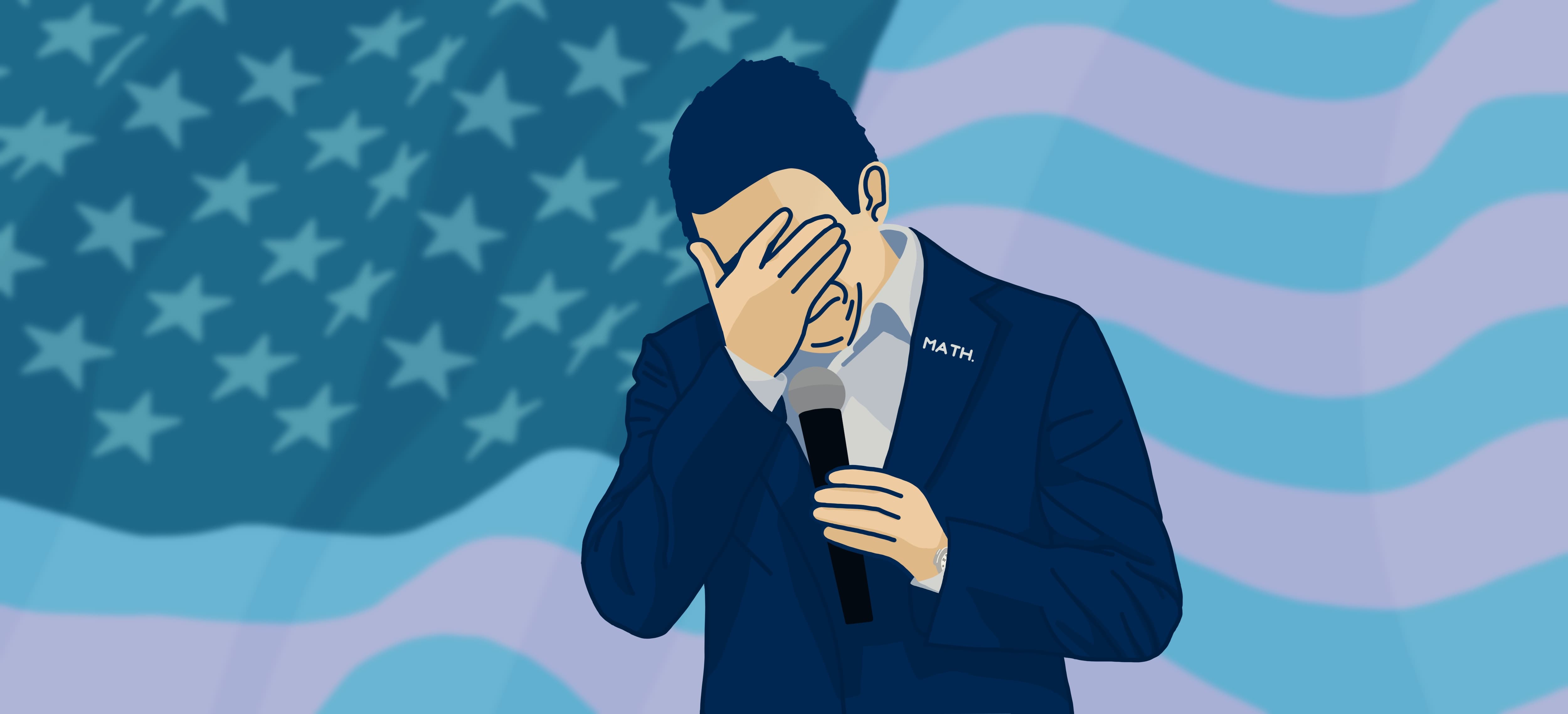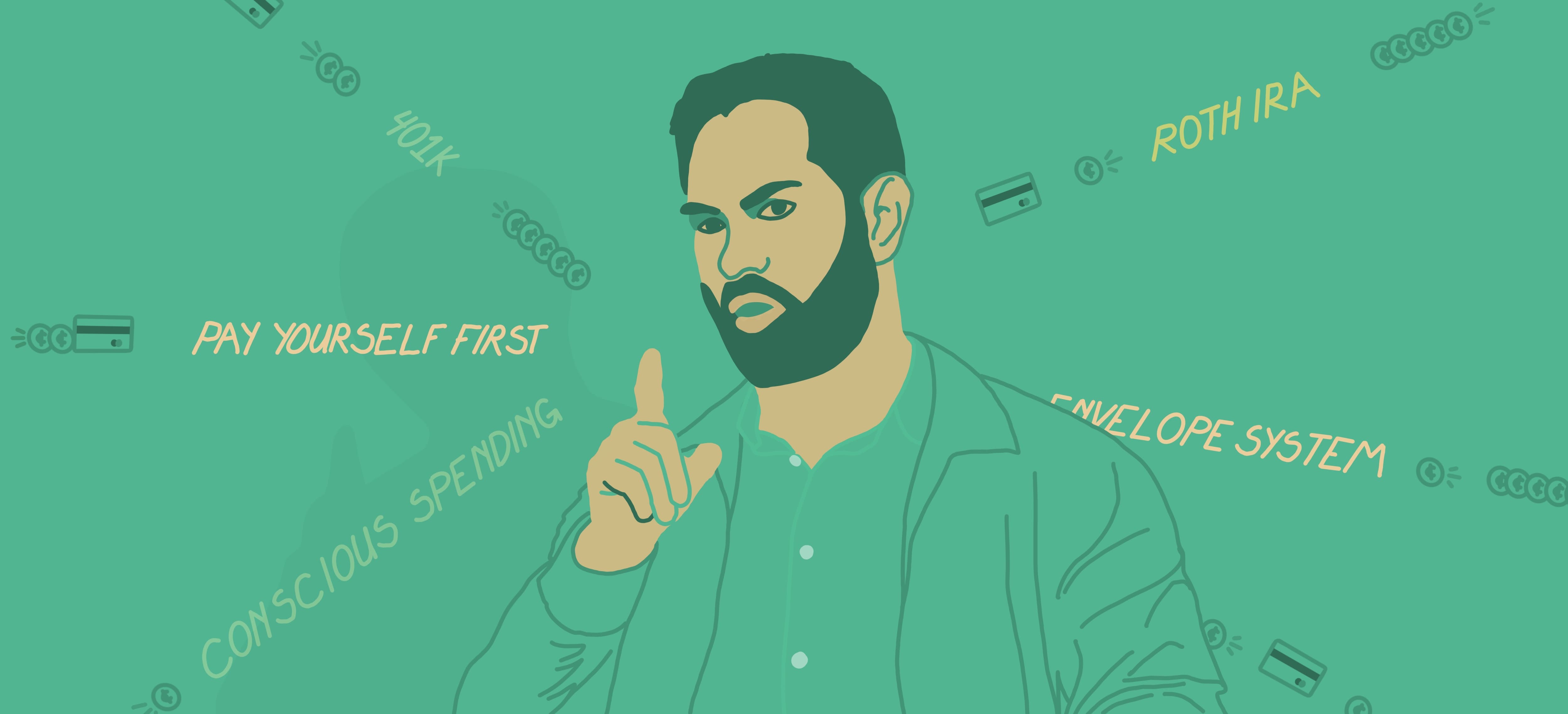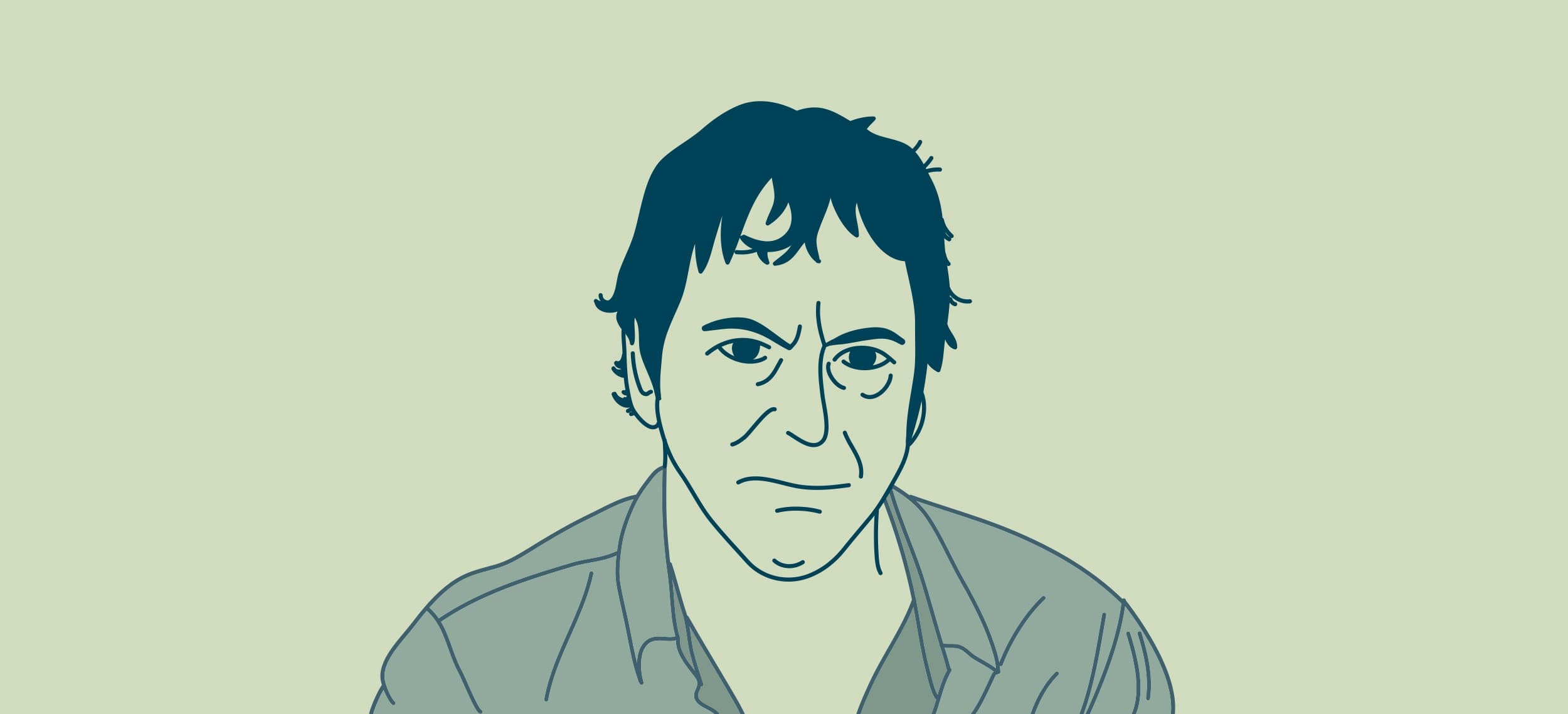Untethered Soul by Michael Singer—Summary, Notes, + Quotes
A spiritual exploration into who we are and who we ought to be.

I’m not a spiritual person and certainly don’t believe we have souls. So when a good friend recommended me the Untethered Soul by Michael Singer, I was hesitant about reading it. But after getting it, reading it, and writing my thoughts about it, surely this friend owes it me to read a book I recommend, right? Well I’d say that’s worth it.
Jokes aside, I did find a few excellent insights and thought exercises helpful in calming and exploring my thoughts. However, I largely disagree on much of Singer’s metaphysics and how he arrives at the conclusions he does.

Part I. Awakening Consciousness
Consciousness is on a scale. We can be less conscious or more conscious, with the highest level of consciousness described as “true inner freedom.”
To start awakening our consciousness, it begins with being aware of our thoughts (Singer calls this “the voice inside our head”) and acknowledging that our thoughts are not what we call “us”. It is explained that because we can hear this voice inside our head and we can digest what it’s saying, that means who we are (the Self) and our thoughts are separate things. “We” are just the ones who hear it.
“To be aware that you are watching the voice talk is to stand on the threshold of a fantastic inner journey.”
Michael Singer
I do think this is true. When I’m careful to pay attention to the thoughts in my head, I can start asking why those thoughts are appearing. For most of our thoughts, we can look toward the causes and influences. When I understand what’s causing and influencing my thoughts, I can attempt to turn up positive influences and turn down negative influences (that are within my control).
Although moderating our influences is not an exercise discussed in the book, Singer teaches two other positive mindset techniques.
- some negative thoughts are regarding the outside world. But since we have no control of the outside world, this is “incessant chatter” and we can dismiss them.
- some of thoughts are nonsensical and unreasonably negative, which we can learn to acknowledge their appearance (because we can’t exactly prevent them) and should also dismiss them.
“Eventually you will see that the real cause of problems is not life itself. It’s the commotion the mind makes about life that really causes problems.”
Michael Singer
While I don’t agree that the “voice in my head” is not a part of me, these are fantastic techniques we should practice throughout the day as often as possible. It reminds me of the Stoic philosopher Seneca who said, “We often suffer more in imagination than reality.”
It’s unclear whether he considers the voice a part of the consciousness or a completely different entity (It seems the voice must be separate from consciousness, otherwise he must concede our consciousness is not wholly ours). At one point, he says the voice is not who we are, and at another says it’s the other half of our inner being. The questions of why the voice exists is answered unsatisfyingly as “a buildup of energy inside that needs to be released.”
It’s even more unclear when he discusses who the author of the voice in our head is, which he makes analogous to an “inner roommate.” At one point he says, “when you’re just thinking, you’re free to create whatever thoughts you want in your mind, and these thoughts are expressed through the voice.” This means we’re in control of our thoughts (and doesn’t this contradict that the voice isn’t us?). However, at another point he says, “you may have a clear intention to be quiet inside, but your roommate won’t cooperate,” which implies we don’t control our thoughts. I think he believes we’re only in control of some of our thoughts/voice, and through practice we can work to control more of it, but we don’t control it completely.
Serious problems arise however when he tries to make this idea applicable. He says, “If you want to achieve peace in the face of your problems, you must understand why you perceive a particular situation as a problem.” He uses the experience of feeling jealous to explain. When we feel jealousy, ask ourselves, “What part of me is jealous?” If we can identify the part of us that is jealous, that means we are not the one experiencing jealousy (because we are just the observer). Therefore we can dismiss the feeling, because it’s not ours, it’s our inner roommate’s.
This appears to me as being an extremely unhealthy and incomplete way of dealing with negative feelings. I would rather:
- identify the feeling
- determine the causes and influence of the feeling
- identify which causes are inside or outside of my control
- work to change the situation that’s in my control and attempt to accept/let go what is not
Singer suggests this technique should be applied to all the negative things our inner roommate is telling us, but how do we identify what is our bad inner roommate from what Singer calls our “willful intentions?” For example, let’s say I’m thinking of quitting my job because I’m unhappy and underpaid. If I dismiss this as a negative thought from my inner roommate, it’s possible I could learn to be less unhappy about it, but I could very well be prolonging a poor situation and forgoing the opportunity to earn more. On the other hand, I might be telling myself that quitting is a bad idea because there is no guarantee I’ll land a job I’ll be happier at and with higher pay. If I dismiss this thought and go through with quitting, I very well could go on for months without a job, my savings spent, and the only job I could get has even less favorable conditions than the job I just quit. In this situation, how would I determine which negative thought is from my inner roommate and which should be dismissed?
Another problem arises around positive feelings, like happiness. Couldn’t I identify the part of me that is happy? This would mean that it’s not me who’s feeling happy, but it’s my inner roommate who is. Should I dismiss the feeling of happiness as I dismiss the feeling of unhappiness?
So if I’m not my thoughts or feelings, who am I? What is me? Singer’s best answer to this question is:
“I am the one who sees. From the back in here somewhere, I look out, and I am aware of the events, thoughts, and emotions that pass before me.”
Michael Singer
To add further clarification, he says our mind is not us either. The mind can be used, so there must be a user. This is how he arrives at the existence of souls and claims the center of consciousness is the “seat of the Buddhist Self, the Hindu Atman, and the Judeo-Christian Soul.” He goes on to say, “You’re not even a human being. You just happen to be watching one.” Of course, there is no evidence for the existence of souls. I believe we are purely material. We have a body and a part of that body is the mind. We’ve defined our subjective experience as “consciousness” and we know that it is a product of the brain. I can get a heart transplant, and I’d still be the same person. That wouldn’t be the case if I got a brain transplant. Unless I believe I have a soul, then it must be true that our mind, thoughts, and emotions, including our awareness of them, is all a part of me.
From the first section, it’s abundantly clear this book is aimed at helping people who are going through some difficulty in their lives. Many of Singer’s ideas are framed around obtaining “true personal growth”, “true inner freedom”, and “true spiritual awakening.” There is not any evidence or logical arguments to support why and how things are the way they are. It’s not that kind of book.
For example, Singers’s beliefs about consciousness don’t come from any published psychologists, neuroscientists, philosophers, or anything academic at all.
“Fortunately, the nature of consciousness has been studied very closely in deep teachings such as yoga. In fact, the ancient teachings of yoga are all about consciousness. The best way to learn about consciousness is through your own direct experience.”
Michael Singer
While Singer has many good ideas and positive mindset techniques, I think many are flawed. This is why it’s important to arrive at conclusions through evidence or, if not possible, logical arguments that hold up against philosophical scrutiny.
Part II. Experiencing Energy
Inside all of us is an unlimited amount of energy, but we don’t use it all the time because we block it off. Energy is blocked by “closing your heart, by closing your mind, and by pulling yourself into a restrictive space inside.” This energy is “what you’re experiencing when love rushes up into your heart… [and] …when you’re enthused by something and all this high energy comes up inside of you.” This energy “can even affect the health of your body… When you start to feel the tendency of an illness coming on, you just relax and open. When you open, you bring more energy into the system, and it can heal.”
Blockages occur at energy centers inside of us and the one we know most intuitively is the heart (the figurative/spiritual heart). We can remove blockages and access this energy more often by learning how not to close ourselves off in the first place.
While I don’t believe in souls or spiritual energy, ironically it is in this section I find my favorite passages in the book.
“Do not let anything that happens in life be important enough that you’re willing to close your heart over it. When your heart starts to close, just say, ‘No. I’m not going to close. I’m going to relax. I’m going to let this situation take place and be there with it.’ Honor and respect the situation, and deal with it. By all means deal with it. Do the best you can. But deal with it with openness. Deal with it with excitement and enthusiasm.”
Michael Singer
I interpret “to close” in Singer’s metaphysics as to be affected by something outside of my control. It’s a challenge to the reader to be better every day in every moment.
Personally, thoughts of embarrassing things I’ve done in my past often come through my inner roommate and “haunt” me. It happens about one to three times per day. These are an example of what’s called Samskaras, which are past energy patterns that we’ve stored. How to deal with them:
“If old energies come back up because you were unable to process them before, let go of them now. It’s that easy… Be happy that this Samskara, which has been stored down there for all this time, has the opportunity to make it through you. Just open, relax your heart, forgive, laugh, or do anything you want. Just don’t push it back down. Of course it hurts when it comes up. It was stored with pain; it’s going to release with pain. You have to decide if you want to continue to walk around with stored pain blocking your heart and limiting your life. The alternative is to be willing to let it go when it gets stimulated. It only hurt for a minute and then it’s over.”
Michael Singer
Again, I’m reminded that the past is out of my control. Perhaps there are things that are within my control that I can do to help remedy these Samskara’s, but it’s important I remember that what’s happened has happened. Trying to suppress the memory isn’t going to help - as evident by their frequent reappearance. It’s better to acknowledge the Samskara, acknowledge that it’s out of my control, and laugh about it.
In regards to new, negative or unproductive thoughts that arise throughout the day:
“When the energies inside start to move, you do not have to go there. For instance, when your thoughts start, you do not have to with them. Let’s say you’re outside taking a walk and a car drives by. Your thoughts say, ‘Boy, I wish I had that car.’ You could just keep on walking, but instead you start getting upset. You want a car like that, but your salary isn’t high enough. So you begin thinking about how you can get a raise or a different job. You didn’t have to do all that. It could have just been - here comes the car and there it goes, and here comes the thought and there it goes. They’re both gone together because you didn’t go with them.”
Michael Singer
When I first did meditation, I realized how valuable the skill of clearing my mind was. Like Singer says, my mind doesn’t want to stay quiet and often these thoughts are counterproductive to my tranquility. The exercise of meditation teaches us how to clear our mind such that we can do it all throughout the day, not just when sitting still with our eyes closed.
Part III. Let Go Now or Fall
On the topic of fear, Singer’s ideas are somewhat interesting.
“We think we’re supposed to figure out how life should be, and then make it that way. Only someone who looks deeper, and questions why we need the events of life to be a particular way, will we question this assumption. How did we come up with the notion that life is not okay just the way it is, or that it won’t be okay the way it will be? Who said that the way life naturally unfolds is not all right?”
Michael Singer
Again, I’m drawn to his Stoic ideas, which to be fair, strongly overlaps with the foundation of his philosophy. Marcus Aurelius said, “To feel grief or anger or fear is to become a fugitive - a fugitive from justice.” And I like that. However, that’s the end of what I find interesting about his ideas on fear. He says “fear is the cause of every problem” and any feeling of fear should be completely eradicated. I can get behind a message of courage and bravery, but completely disregarding fear leads to rashness and detrimental endings. I see fear as a tool and there are better ways to determine whether my fear should be dismissed or heeded than always choosing to dismiss it.
But right after the chapter on fear is my favorite thus far, Removing Your Inner Thorn. It’s one of my favorites, because I recognize I have a lot of thorns, which are essentially deep sources of disturbances or sensitives inside us. Examples of thorns I have are about my physical appearance, rejection, creative prowess - I could go on. The most common way people deal with these thorns is they push them down or look outside for ways to fix them. For example, a person with sensitives to loneliness might avoid going to places where lots of couples go.
There are two ways to deal with thorns:
- make sure nothing touches it (avoid places with couples)
- remove the thorn
When we choose to make sure nothing touches it, we’re really modifying our life to navigate around them. In a sense, our thorns are running our lives. I’ve noticed in my own life that I can sometimes navigate around a deep fear or insecurity successfully, but that success is only temporary and it always comes back.
How to remove thorns:
“Because you’re always doing something to avoid feeling them, they are not given the chance to naturally work themselves out. If you want, you can simply permit the disturbances to come up, and you can let them go. Since your inner thorns are simply blocked energies from the past, they can be released. The problem is, you either completely avoid situations that would cause them to release, or you push them back down in the name of protecting yourself.”
Michael Singer
The best advice he has to offer us is to, again, let go. I just find this deeply unsatisfying, but at the same time, I don’t know what’s better. If I want to remove my thorn of my physical appearance insecurity, the outside things I might do to avoid this pain:
- avoid being in pictures or videos
- deleting certain social media apps
- going to the gym
- getting surgery
- spending extra money and time on skincare
Perhaps the first two are clear avoidances, the following three are also avoidances, but have arguments for being a remover (or solver). I’m always susceptible to getting out of shape again (or never in shape enough), finding something else on my face I want to change, or getting a breakout. However, getting in shape and taking care of my skin are low risk, high reward activities that should be pursued if I want to feel better about my physical appearance. They might not remove the thorn completely or forever, but they are much longer and proper solutions than the first two. And from another perspective, letting go of this disturbance could also be interpreted as avoiding it. It seems wrong to consider getting in shape and taking care of my skin to not be worthwhile endeavors as they are actually making an improvement at the source. I remind myself there is only so much I can change about my physical appearance. I acknowledge I didn’t choose my body or what it looks like, but the insecurity still pops up.
He goes on to say, “Once you learn that it’s okay to feel inner disturbances, and they can no longer disturb your seat of consciousness, you will be free.” Continuing with my example, this means to recognize that I am not my body and I am not my insecurity because I’m witnessing my body and my insecurity. I’m not convinced souls exist so I think my body, consciousness, and thoughts are all a part of what makes me, me.
This is something I will think on for a while and perhaps come back to later.
Part IV. Going Beyond
Until we start working on our “freedom” or become “spiritually awake,” we keep ourselves caged up in our comfort zone. The comfort zone is our expectations/mental model for how we expect events in our life to unfold. Living in our comfort zone is like trying to control the outside world. When things inevitably go awry, it causes us to be upset and disappointed. We can chose to live life devoted to our comfort zone, or we can devote our life to freeing ourselves from our comfort zone.
Although not explicitly said, it seems Singer is saying before we free ourselves, we are not exercising free will. If we break out of our comfort zone, then we are free. The word “free” is used a lot, but I don’t believe he has really discussed free will specifically and what that means, at least as of yet. It’s interesting, however, that he supports the idea of causality.
“If you really want to see why you do things, then don’t do them and see what happens. Let’s say you’re a smoker. If you decide to stop smoking, you quickly confront the urges that cause you to smoke. These urges are the reason you smoke. They are the outermost layer of cause. If you can sit through these urges, you will see what caused them. If you can get comfortable with what you see, you will face the next layer of causation, and so on, layer upon layer… There’s a reason for everything you do.”
Michael Singer
In addition for there being an outside reason for everything we do, Singer also believes that “what thoughts we cling to and what person we create” is not just up to us, with “just” implying we have some free will here.
“There are acceptable and unacceptable social behaviors for almost everything - how to sit, how to walk, how to speak, how to dress, and how to feel about things. How does our society engrain these mental and emotional structures within us? When you do it well, you are rewarded with hugs and showered with positive accolades. When you don’t do it well, you are punished, either physically, mentally, or emotionally.”
Michael Singer
Going beyond is breaking free from these causes and influences, but I don’t believe it’s possible to escape the natural causal order. It’s nonsensical. This doesn’t leave much room, if at all, for free will unless we believe in a “true self” that’s outside our mind and body.
I can’t help but picture Singer’s idea of our true self as that of a restrained passenger trapped inside of a material mind and body of which it is has no control over. All it can do is be aware of its mind’s and body’s stimulants. The only way any of this makes sense is that this isn’t actually real, but just a mind trick to help people feel better about themselves.
Part V. Living Life
On happiness: Happiness is a choice. It’s under our control to be happy, but our comfort zone/model/expectations get in the way. Regardless of what happens, we can be happy. “Events don’t determine whether or not you’re going to be happy. You determine whether or not you’re going to be happy.”
I disagree with this. I can’t just choose to be happy any time I want. There are certain things that happen that can make me happy, but it is just a feeling, and that feeling will fade just like any other feeling.
“If you’re totally innocent and they lock you up, you might as well have fun.” I mean really? Tell that to someone imprisoned in a concentration camp. I don’t think I can choose to be happy, perhaps only artificially. And if there are things I can do within my control to improve my situation, I should still try to do them. If I’m imprisoned unjustly, I should still strive for a court hearing or to seek justice in whatever capacity I’m able.
There is an ocean-sized difference between not letting small things bother me (like getting cut off in traffic) and being happy in the face of an objectively terrible situation.
On willpower: We (the Self) have the ability to resist the reality of life through our willpower. “The power of Self, when it is concentrated and directed into the physical, mental, or emotional realms, creates a force, and we call that force ‘will’”.
He says if something happens we don’t like, we use our willpower to resist it. If our Self uses our willpower to resist, and emotions are a product of resisting, how does it not follow that our emotions are our emotions? He also says our willpower makes our arms and legs move, but earlier he said we are not even a human being. Either there is an inconsistency or contradiction with what Singer is saying is/isn’t us or under our control (earlier he said we’re not our emotions), or there are times our thoughts, actions, emotions are from our Self, and other times they are not. But how do we tell them apart?
Final Thoughts
I really do think there are some good mindset techniques, perspectives, and thought exercises to improve our wellbeing in The Untethered Soul but I have fundamental disagreements on Singer’s metaphysics and how he arrives to these insights - and there are plenty of other insights I just simply disagree with or don’t follow.
But I can understand why this book and its message are so popular. I think the biggest theme in the book is letting go of expectations and emotions, especially with outside events that are not under our control. In Western philosophy at least, this theme was popularized in 300 BC with Stoicism, which has provided me several moments of clarity.
The problem I have with this book is Singer presupposes the existence of the soul, which isn’t a problem for new readers who already believe in the soul, but is a huge problem for someone like me. Many of the ideas, thought exercises, and perspectives he’s asking readers to take is fundamentally based on the claim souls exist, which leaves me without good reason to accept what he’s saying. I have read that many people have found this book life changing and I can understand why, but I don’t think it’s based fundamentally on truth. One might ask if it matters since people are benefiting from it, but I’d say that doesn’t make it any different than following a religion because it feels good to. I think it’s more wise to believe in dissatisfying truths than happy myths.
You might also enjoy
-

War on Normal People—Summary, Notes, + Quotes
Is universal basic income the answer?
-

I Will Teach You to Be Rich—Summary, Notes, + Quotes
The best introduction to personal finance and how to enjoy spending your money.
-

The Effective Executive—Summary, Notes, + Quotes
The essential handbook to learn leadership and effectiveness at work.
-

Mastery by Robert Greene—Summary, Notes, + Quotes
The essential book to help you find your purpose.
Never Miss an Article
Get notified by email when I publish a new article.
